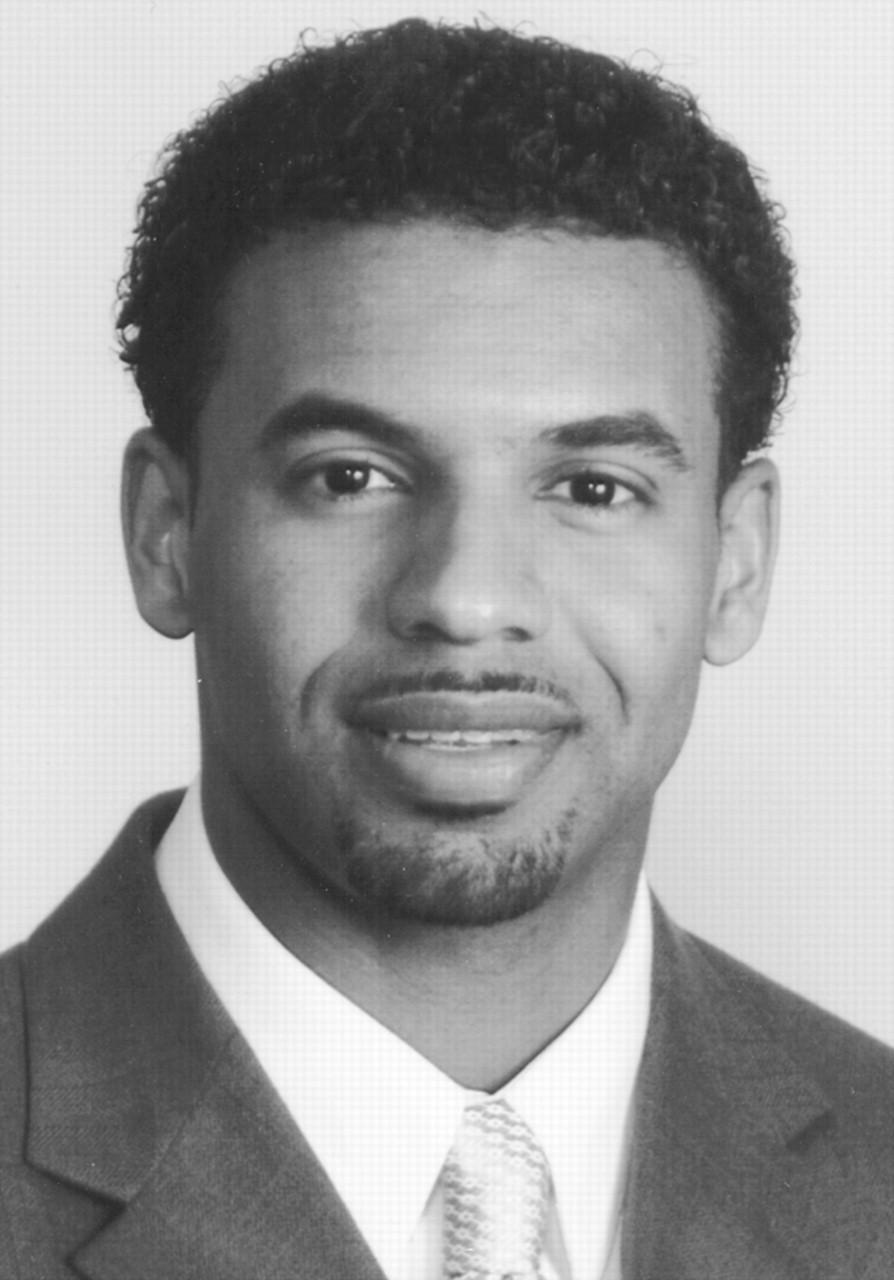Candidate for Member-in-Training Trustee-Elect
About the Candidate

Member-in-Training (Member Since 2002)
| •. | Psychiatry Resident, Washington University Medical School, St. Louis, 2001- | ||||
| •. | Member-in-Training Representative, Eastern Missouri Psychiatric Society, APA, 2003- | ||||
| •. | Resident Representative, Psychiatry Educational Policy Committee, Washington University, 2001- | ||||
| •. | Research Fellow: Psychiatric Institute, University of Illinois at Chicago, 1999-2001 | ||||
| •. | Semmelweis Medical School, Budapest, Hungary, 1992-98 | ||||
| •. | Federal Government College, Port Harcourt, Nigeria, 1985-91 | ||||
Candidates’ Views
We are living in an exciting time in psychiatry, with increasing information being learned about mental illness. As medical advances occur in our field, knowledge of psychiatry is becoming increasingly valuable to the rest of medicine. Psychiatrists are privileged to treat disorders that are among the most prevalent and complex, yet sometimes our roles in health care have been underestimated. Despite advances, we continue to face challenges that threaten our patients and profession.
Upon beginning residency, I joined APA to gain better insight into the issues that face psychiatrists, hoping to contribute to improvement in the field. I have since served as member-in-training (MIT) representative of our local APA branch and created the Web site of the Eastern Missouri Psychiatric Society, through which members and the public consistently receive information relevant to psychiatry. In our society today, the challenges we face as psychiatrists are several. Stigma continues to be associated with psychiatric illness and hinders early intervention in care. Discrimination also exists in insurance coverage of mental illness. Medicare, for example, reimburses only 50 percent of mental health outpatient costs, compared with 80 percent for other illnesses. Psychologists may gain further prescribing rights, as there are insufficient psychiatrists in rural communities. This legislative year, psychologist-prescribing bills had been introduced in at least nine states. It is therefore essential to have strong advocacy from psychiatric and affiliated organizations and to maintain prominence within the medical community.
It is important that we foster the stature of our field, as misconceptions about mental illness and the role of psychiatrists still persist. At the Meda P. Washington public school in St. Louis, I regularly educate pregnant and parenting teens about the identification and treatment of depression. The apparent effectiveness of this intervention attests to our potential impact as psychiatric professionals. Structured media and other community outreach programs are necessary to educate the public about psychiatry and clarify misconceptions.
As in other fields, it is also important to provide opportunities for those interested in clinical or basic science research, to enhance our understanding of mental illness. Psychiatry’s potential for progress has become more evident to me since my laboratory neuroscience experiences in Chicago. Currently, I am learning about schizophrenia using electrophysiological techniques to study dopaminergic cell currents and neuroimaging brain structures.
Recently, President Bush’s New Freedom Commission on Mental Health recommended a “fundamental transformation of the nation’s approach to mental health care.” This underscores the responsibilities with which we are faced as the next generation of psychiatrists. I believe that with strong advocacy and commitment to progress, we will certainly overcome our challenges.
As MIT trustee, I would work within the APA Board of Trustees to accomplish the following:
| •. | Implement insurance financing reform to include references to parity and psychiatric services. | ||||
| •. | Advance the quality of training programs, with strategies to enhance competency in the psychotherapies, cultural diversity, and safety standards. | ||||
| •. | Reduce stigma by educating the public through improved media and other community outreach programs. | ||||
| •. | Support psychiatric research by working for increased NIH funding and fellowship opportunities for residents. | ||||
| •. | Fund incentives to recruit and retain mental health professionals in rural settings. | ||||
| •. | Strengthen alliances with patient advocacy groups and our primary care colleagues. | ||||
It would be an honor to represent you on APA’s Board of Trustees. As MIT trustee, it is important that my voice speaks for all residents and fellows. With your support, I hope to continue my efforts to serve the interests of those in training, our patients, and the field of psychiatry.
Primary Loci of Work and Sources of Income
Work:
90%—Barnes-Jewish Hospital, St. Louis, Mo.
10%—Metropolitan St. Louis Psychiatric Center, St. Louis, Mo.
Income:
100%—Barnes-Jewish Hospital, St. Louis, Mo.



